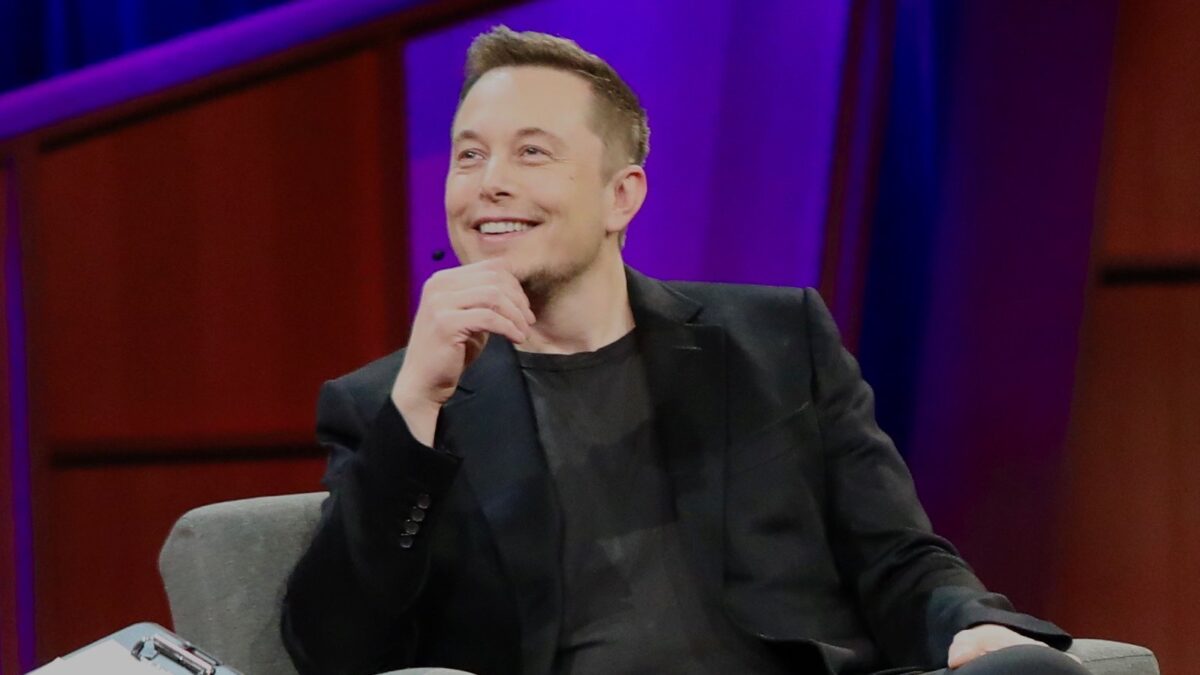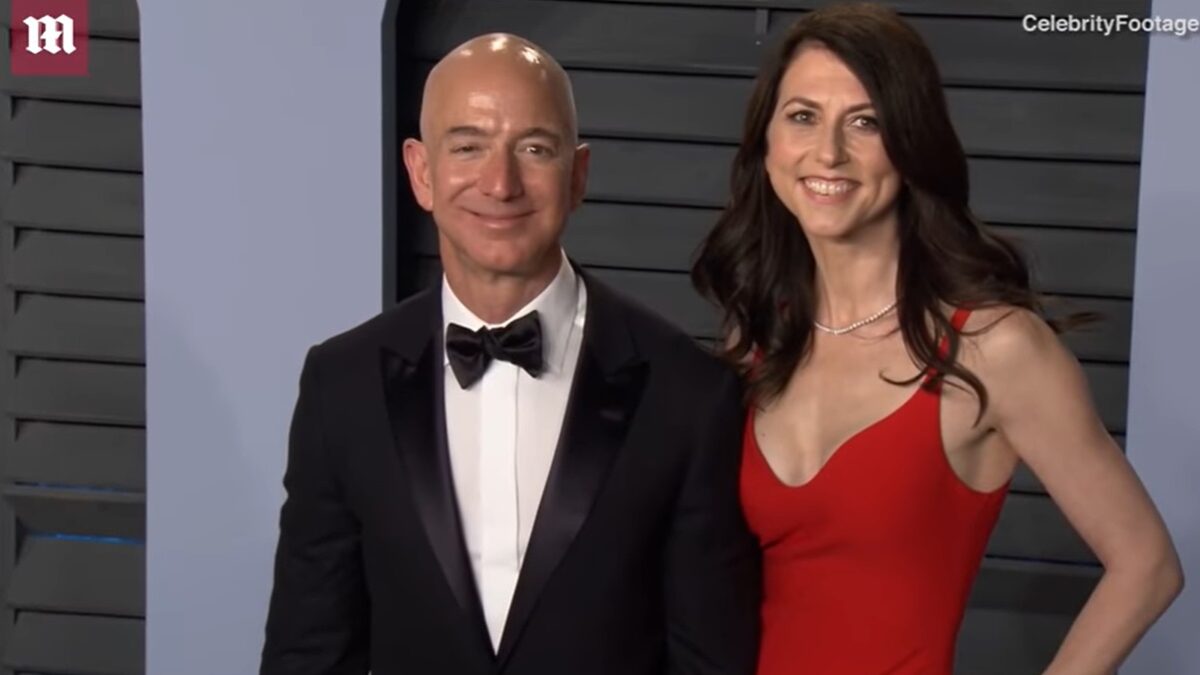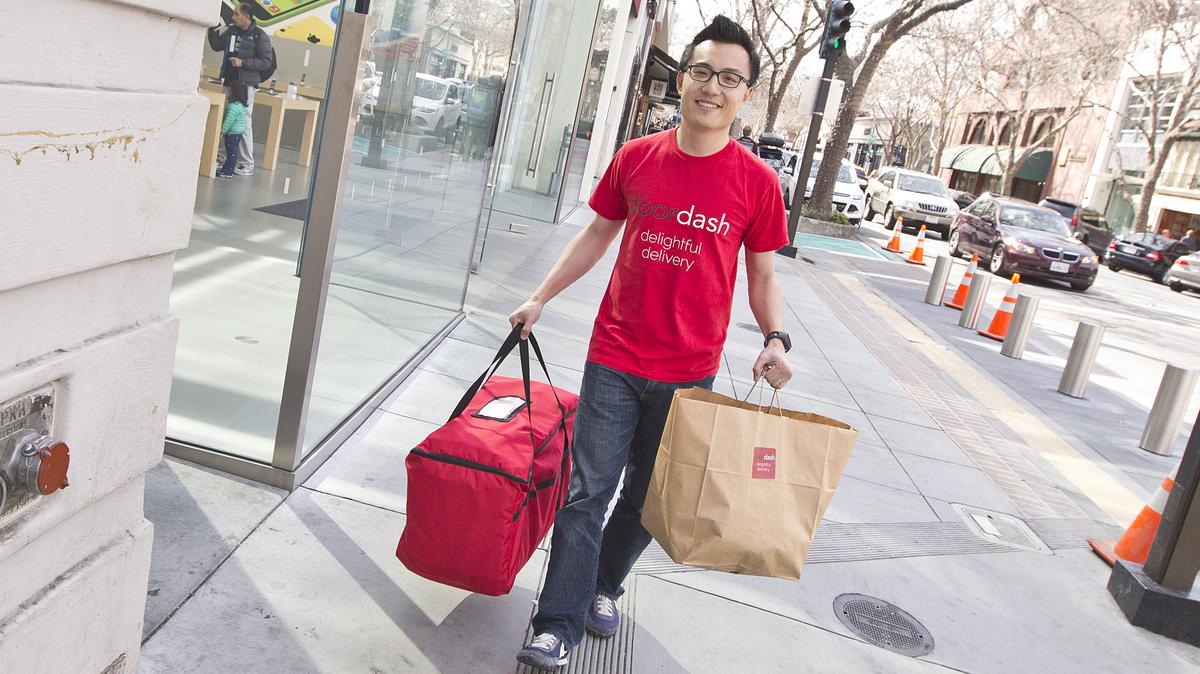The “private business” or “build your own internet” argument in defense of Big Tech censorship was always a garbage excuse to let Silicon Valley silence speech it disagrees with, and the meltdown about Elon Musk’s offer to buy Twitter (making the platform a truly private company) makes it more obvious than ever.
The Tesla and SpaceX CEO, who became Twitter’s biggest shareholder earlier this month after purchasing 9.2 percent of the company’s stock, sent a letter to Twitter Wednesday night offering to buy the rest of Twitter’s stock at $54.20 per share in cash.
When Big Tech companies like Twitter have censored users or content that challenges their agendas in the past — see, the New York Post’s Hunter Biden’s laptop bombshell, the 45th president of the United States, reporting on the crisis at the U.S. southern border, an obituary of a mother who reportedly died from Covid shot complications, members of Congress, investigative reporting on abortion, summaries of court decisions about election law, a Federalist editor who said boys and girls are different, The Babylon Bee, and the “Libs of Tik Tok” account, which exposes educators talking about their radical sex ideology, to name a few — a gaggle of censorship aficionados inevitably insist that “because the First Amendment doesn’t regulate private companies they can silence whoever the heck they want.”
As he typically does in such matters, Washington Post columnist Max Boot provides a textbook example.
After the New York Post published bombshell reporting about a compromising laptop belonging to then-presidential candidate Joe Biden’s son Hunter — a laptop which, more than a year later, The New York Times and Boot’s own employer have admitted is legit — Boot loudly defended Twitter’s “private-sector” right to censor the story.
“Facebook and Twitter are private-sector companies, and they have no obligation to pass along possible Russian disinformation. That’s not ‘censorship.’ It’s editorial judgment, and it’s something we need more of online,” Boot insisted in October 2020. “I’m all for free speech, but the First Amendment does not impose on companies a mandate to spread Russian — or Republican — disinformation.”

Now that Musk has offered to buy Twitter and make it a really private company, Boot is singing a different tune. “I am frightened by the impact on society and politics if Elon Musk acquires Twitter. He seems to believe that on social media anything goes,” Boot cried on Thursday morning. “For democracy to survive, we need more content moderation, not less.”

What was that about the freedom of private sector companies to do what they want?
CNN’s Brian Stelter had a similarly disingenuous change of heart. In response to news that “The [Trump] White House is expected to up its pressure on Twitter in the coming days, and is considering sending a threatening letter for issuing fact checks on the president’s tweets” in May 2020, Stelter mused, “A letter threatening… what? Twitter is a private company.”

Fast-forward to Thursday morning, and Stelter was suddenly worried about Twitter’s power, retweeting the perspective that “Twitter is too important to be owned and controlled by a single person. The opposite should be happening. Twitter should be decentralized as a protocol that powers an ecosystem of communication products and services.”

Salon writer Matthew Rozsa argued in 2020 that “Twitter, a private platform, has the constitutional right to censor or moderate speech on its platform.” It was actually Trump who threatened the First Amendment when Twitter censored and “fact” “checked” him, Rozsa claimed, adding that “even if Twitter had been factually wrong” it was fine because “it is still a private company.”
Thursday morning, Rozsa blared that “Elon Musk’s attempted takeover of Twitter is a threat to the free world.”

Elsewhere, he fretted that if Musk were to gain ownership of Twitter and make the private-sector decision to reinstate former President Trump, “it will be a death blow to the free world.”
Last year, corporate news outlet Axios cheered that “Online platforms … must be unwavering in their commitment to root out conspiracy theories and lies that undermine faith in democracy, according to experts interviewed by Axios,” in a not-at-all slanted article entitled “How to deprogram America’s extremists.” Axios has also peddled the argument that Twitter’s lopsided censorship is simply “a private company trying to enforce its rules.”
Now that Musk is offering to buy Twitter, Axios is calling it a “supervillain” move.
Just a week ago, MSNBC analyst Anand Giridharadas argued, “Private companies choosing not to publish disinformation, hate speech, and abuse on their platforms isn’t censorship. For the ten millionth time.”

Thursday morning, he was suggesting Elon Musk is an “invader.”

City University of New York journalism professor Jeff Jarvis bemoaned Musk’s offer to purchase Twitter with the dramatic remark that “Today on Twitter feels like the last evening in a Berlin nightclub at the twilight of Weimar Germany.”

But less than a year ago, he emphatically endorsed the idea that “a private company hosting you can decide to flex its own ideas, and say ‘we don’t want to support that nonsense.’ That’s their expression.”

Regardless of whether Musk’s offer is accepted (or even whether it’s made in good faith), it has further exposed the silliness of the “build your own speech platform” argument. These people never truly wanted freedom of expression. They were very happy to cheer censorship under the guise of “private-sector freedom” when it helped silence their opponents.
But now that their grip over the channels of discourse is threatened, they’ve revealed that their cries of “censorship is fine, because freedom” were just a ruse to gain more power. Who knows if Musk will acquire Twitter or even if he genuinely wants to? Time will tell. What we know for now is that the “private industry can do what it wants” crowd is awfully worked up about the idea of a private business doing anything they disagree with.










